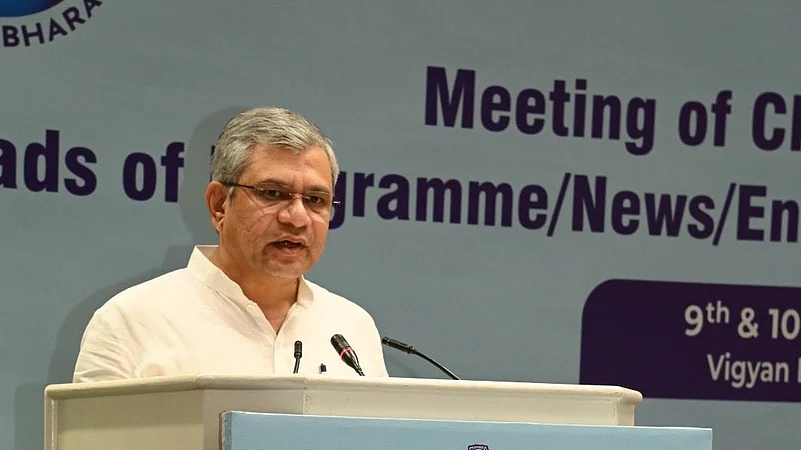
The Union Cabinet has approved the Terms of Reference (ToR) for the Eighth Pay Commission, which will revise pay for around 50 lakh Central government employees.
The Commission will submit its report within 18 months, and the revised salaries are expected to take effect from January 1, 2026.
A fitment factor of 2.86 is being considered, with potential salary hikes of up to ₹19,000 per month, according to reports.
The Union Cabinet on Tuesday approved the Terms of Reference (ToR) for the Eighth Pay Commission, which will revise the salaries of around 50 lakh central government employees, reports said. Former Supreme Court judge Ranjana Prakash Desai will serve as the Chairperson of the Committee.
According to Information and Broadcasting Minister Ashwini Vaishnaw, the Pay Commission will submit its recommendations within 18 months and the revised pay structure is expected to come into effect from January 1, 2026. Vaishnaw added that the ToR was finalised after inter-ministerial consultations, discussions with state governments, and consultations with the staff side of the Joint Consultative Machinery, The Hindustan Times reported.
The Central Government usually constitutes a pay commission every 10 years to revise the salaries of government employees. Union Minister of State for Finance Pankaj Chaudhary stated that the implementation of the Commission’s recommendations will take place once they are formally accepted by the government.
The Eighth Pay Commission Panel
Unlike the usual two-member panel, the Eighth Pay Commission is a three-member panel headed by Justice (Retd.) Ranjana Prakash Desai, with Prof. Pulak Ghosh, from IIM Bangalore, serving as the part-time member, and Pankaj Jain, Secretary, Ministry of Petroleum and Natural Gas, acting as the Member-Secretary.
Key Factors the Eighth Central Pay Commission Will Examine
1. Domestic economic conditions and the need for fiscal prudence
2. The requirement to ensure adequate resources for developmental and welfare expenditure
3. The unfunded cost of non-contributory pension scheme
4. The impact of its recommendations on the finances of state governments, which often adopt the Centre’s pay revisions with modifications
5. The prevailing pay structure, benefits, and working conditions of employees in Central Public Sector Undertakings and the private sector
What To Look Out For
According to a report by the Business Standard, if you're a central government employee or a pensioner, the salary and pension are likely to be changed, in terms of basic pay, allowances, and pension terms. Early estimates suggest the likely hike could range anywhere between 30-34%.
A point of debate has been the Dearness Allowance (DA), which is being discussed whether to be merged with basic pay once it crosses a threshold, which has happened in earlier revisions.
However, a few employee demands such as an overhaul of cashless medical benefit scheme, old pension scheme reinstatement for post 2004 recruits, and an increase in "standard consumption norm" were not mentioned in the final ToR, according to the report.





























